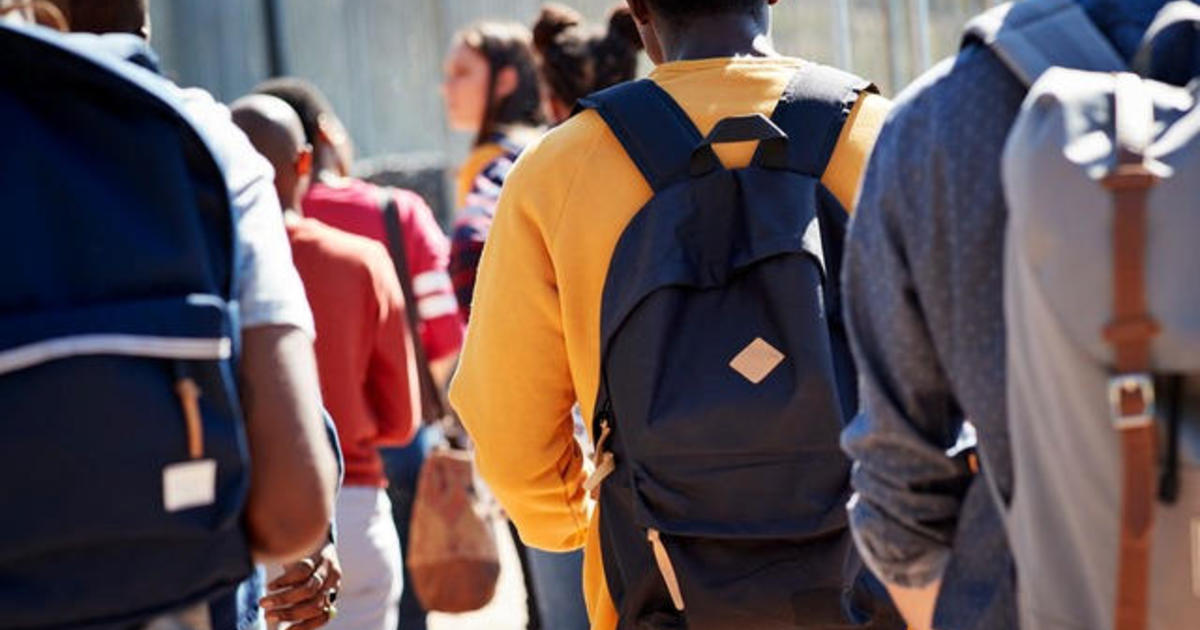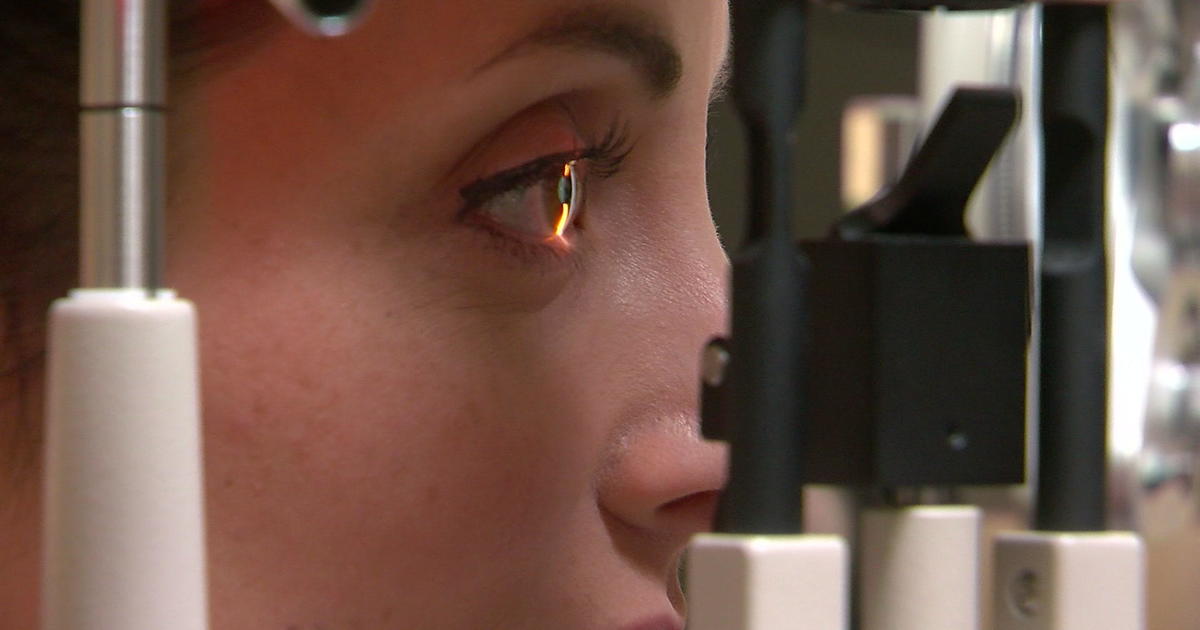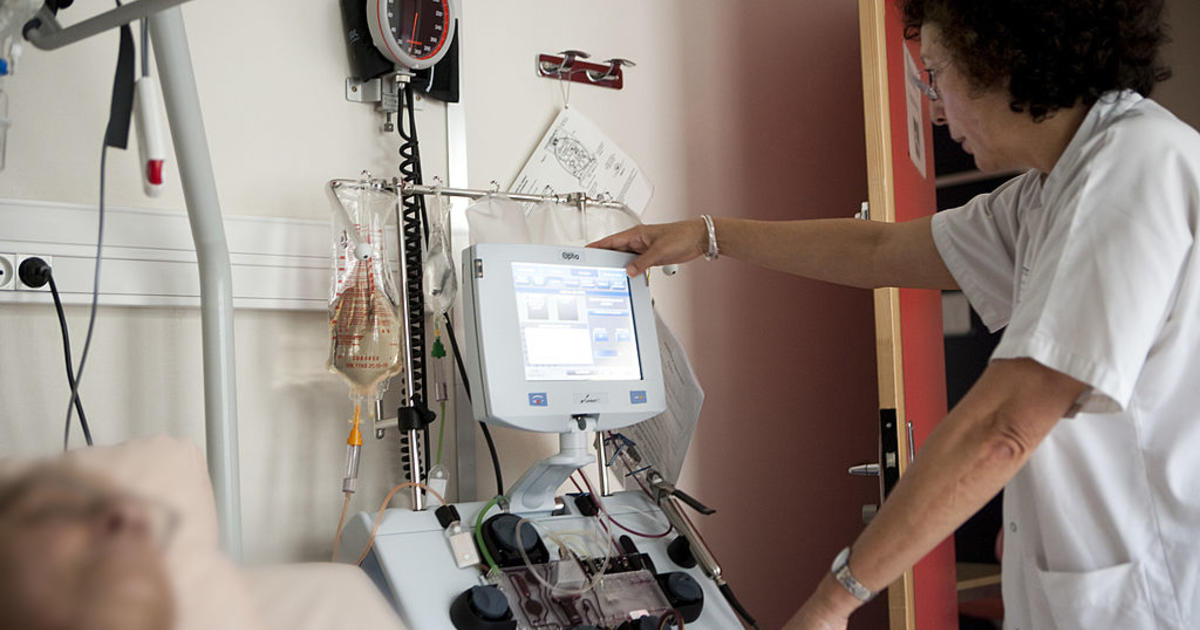PA Cyber Charter Preparing To Help Families Adjust To Remote Learning
PITTSBURGH (KDKA) - As the coming school year is taking shape, the importance of technology can not be overstated.
At a kitchen table, the family room couch, on a bed, or at a desk, students will be going to school in a couple of weeks from home.
In front of them; some form of a computer.
"You know the technology of education is very different when you are at home as opposed to when you are in a classroom," says PA Cyber Charter School CEO Brian Hayden. "There is a challenge there that parents and kids need to overcome."
PA Cyber is entering its 20th year of educating online so to Hayden, this is all second nature. He also understands to a non-tech-savvy parent, it can be intimidating.
"That's why we do an orientation with every family that enrolls. We walk them through how to unpack the computer, how to turn it on so they don't feel like they are on their own so much. I tell parents the only way you're going to break the computer is by dropping something heavy on it, you are not going to hurt it by typing on it."
A spot check of school districts planning to start the year in online mode finds they are all offering parents some form of device training or instruction.
Hayden says the instruction has to keep in mind the wide range of adults trying to help the students.
"You know the adult at home may be a grandparent, a friend of the family who's willing to sit with the children because we have a requirement that there is an adult at home for all of our students. So their level of computer knowledge is all over the place. So we are trying to be cognizant of that so we try to be purposeful how we introduce our families to the use of our computers."
WATCH: Keeping Students On Track While Learning Online
As for what to expect when your child does get online for class, Hayden says there are basically two types of online teaching.
"One, you have a teacher that is teaching live while the students are learning. So you log in at 9:00 a.m. and you have 8th-grade math. Let's say there are about 25 students in that classroom and its exactly what you and I would have experienced in the classroom."
"The other type is our blended classroom where it's asynchronous, where students learn at their own pace. They have a teacher and assignments, assessments, and a schedule so if they want to work ahead they can do that. Those teachers are available for a live class two days a week so if the student wants to attend a live class they can."
Over the past 18 months, PA Cyber went through a detailed process to revamp its practices which will start the end of this month. Most of the public school districts started crafting their plans a couple of months ago.
Hayden says hiccups are inevitable.
"Everyone's going to have hiccups at the start of school. Yes, I think for schools that are moving to the virtual environment for the first time there are going to be hiccups for everyone involved."
So patience is going to be important for parents, students, and teachers. Hayden says parents should familiarize themselves with the computer allocated by the school long before the school year starts. If there are issues seek out the districts provided guidance or call the school.
And one additional suggestion: Find a friend.
It could be a neighbor with a school-age child, or the parents of a child in the same class as yours.
That way when the morning comes you are not getting anything on the computer you'll have someone to check with to see if it's a problem at the school or operator error at home.
The idea is to be able to help your child so they not only keep up but also thrive.
The only way to assure that will happen is to do your connection homework long before your child is depending on the online connection.



